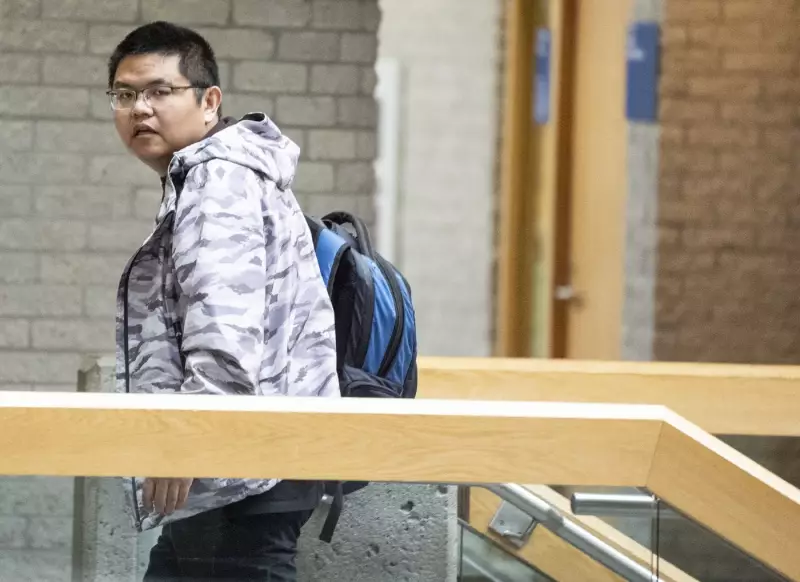
In a dramatic courtroom scene that has captured national attention, former Hydro-Québec researcher Yuesheng Wang took the witness stand Wednesday, facing allegations of espionage for China in what prosecutors describe as one of Canada's most significant corporate security breaches.
The high-stakes trial, unfolding at the Longueuil courthouse, centers on accusations that Wang exploited his position at the crown corporation to funnel sensitive research to Chinese entities. Federal prosecutors allege the researcher's actions compromised vital intellectual property and threatened national security interests.
A Researcher's Defense
During his testimony, Wang presented himself as a dedicated scientist focused on battery technology advancement, vehemently denying any intentional wrongdoing. "My research was always conducted with transparency and for the benefit of scientific progress," Wang asserted under questioning from his defense team.
The former researcher addressed specific allegations about his communications with Chinese universities and research institutions, characterizing them as standard academic collaboration rather than espionage activities.
The Crown's Case
Prosecutors have built their case around what they describe as a pattern of suspicious behavior, including:
- Unauthorized transfers of proprietary research data
- Undisclosed relationships with Chinese government-linked institutions
- Failure to disclose foreign research activities as required by Hydro-Québec policy
- Alleged attempts to conceal the nature of certain international collaborations
Broader Implications for Canadian Research Security
This case emerges against a backdrop of growing concerns about foreign interference in Canadian research institutions and critical infrastructure. The trial has sparked intense debate about:
- Balancing academic freedom with national security requirements
- The vulnerability of crown corporations to intellectual property theft
- Strengthening protocols for researchers with international collaborations
- Canada's approach to addressing state-sponsored economic espionage
The proceedings continue to unfold with additional witnesses expected to testify in the coming days, as both sides prepare for what could be weeks of detailed technical testimony about research protocols and data security measures.
Legal experts following the case suggest the outcome could establish important precedents for how Canada handles similar allegations in the future, particularly involving researchers at government-owned corporations and critical infrastructure providers.





